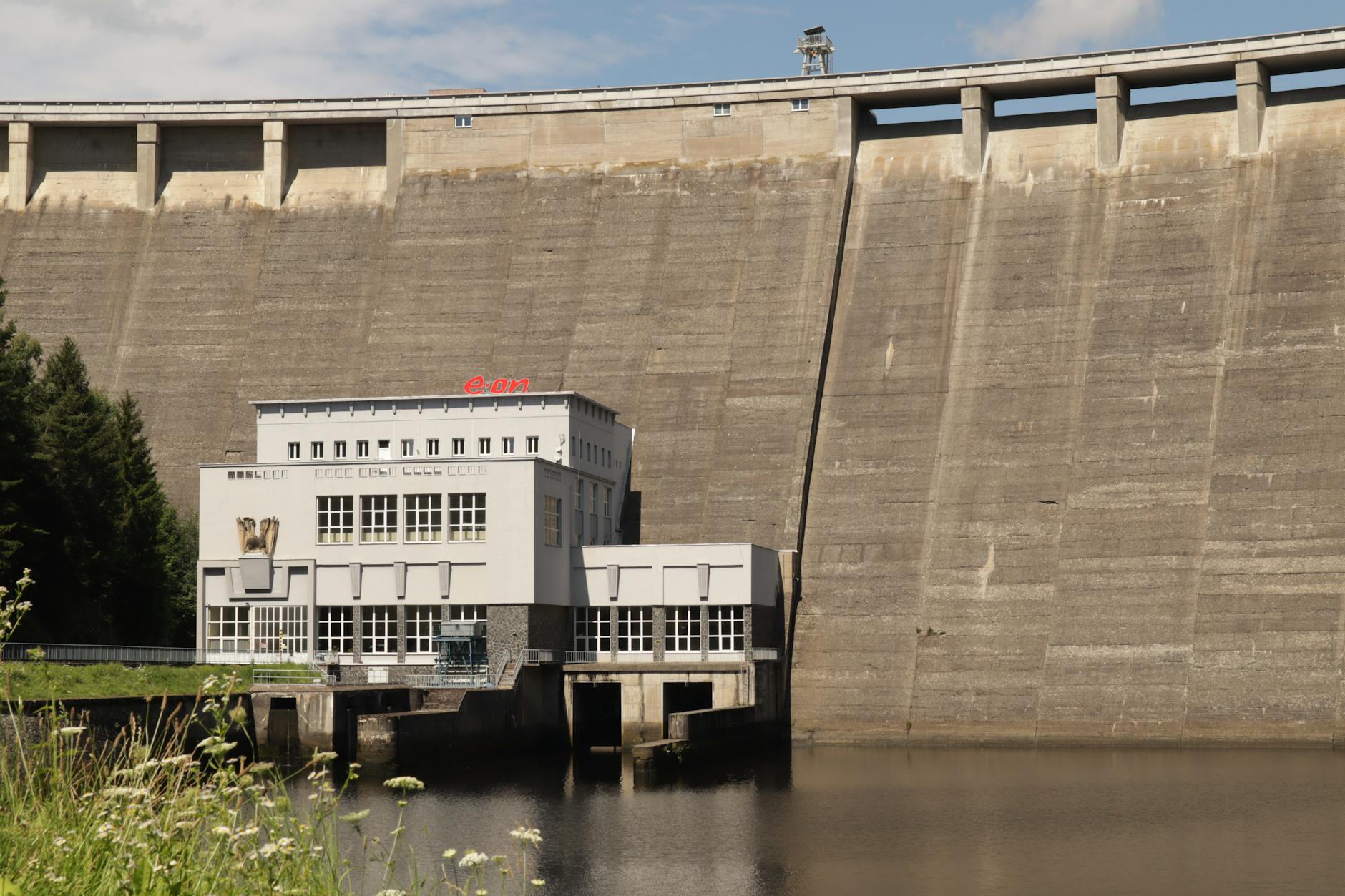Unveiling the Cutting-Edge Technology of Autonomous Fleets
Autonomous fleets are revolutionizing the transportation industry with their cutting-edge technology and innovative approach to mobility. From self-driving cars to autonomous trucks, these vehicles are changing the way we think about transportation. This article will explore the various aspects of autonomous fleets, including their benefits, challenges, and the future of this disruptive technology.
Understanding Autonomous Fleets
Autonomous fleets consist of a group of vehicles that operate without human intervention. These vehicles are equipped with sensors, cameras, artificial intelligence, and advanced algorithms that allow them to navigate roads, avoid obstacles, and make decisions in real-time. Companies like Tesla, Waymo, and Uber are at the forefront of developing autonomous fleet technology, with the goal of making transportation safer, more efficient, and sustainable.
Benefits of Autonomous Fleets
One of the key benefits of autonomous fleets is safety. By eliminating human error, these vehicles can reduce the number of accidents on the road, potentially saving thousands of lives each year. Autonomous fleets also have the potential to reduce traffic congestion and emissions by optimizing routes and driving patterns. In addition, these vehicles can provide greater accessibility to transportation for people with disabilities or those who are unable to drive.
Challenges and Considerations
While the potential benefits of autonomous fleets are significant, there are also challenges that need to be addressed. One of the main hurdles is regulatory approval and public acceptance. Many people are still apprehensive about the idea of autonomous vehicles sharing the road with traditional cars. Additionally, there are ethical considerations surrounding decision-making algorithms in critical situations. Ensuring the safety and security of autonomous fleets will require collaboration between policymakers, technology companies, and the public.
The Future of Autonomous Fleets
Despite the challenges, the future of autonomous fleets looks promising. As technology continues to advance, autonomous vehicles will become more reliable, efficient, and affordable. In the coming years, we can expect to see an increase in the deployment of autonomous fleets for ridesharing, delivery services, public transportation, and logistics. This shift towards autonomous mobility has the potential to transform our cities, reduce carbon emissions, and improve the overall quality of life for communities around the world.
In conclusion, autonomous fleets represent a significant advancement in transportation technology. By harnessing the power of artificial intelligence and automation, these vehicles are shaping the future of mobility. While there are challenges to overcome, the potential benefits of autonomous fleets in terms of safety, efficiency, and sustainability are undeniable. As we continue to uncover the capabilities of autonomous fleets, it is clear that they will play a key role in shaping the way we move from point A to point B in the years to come.


